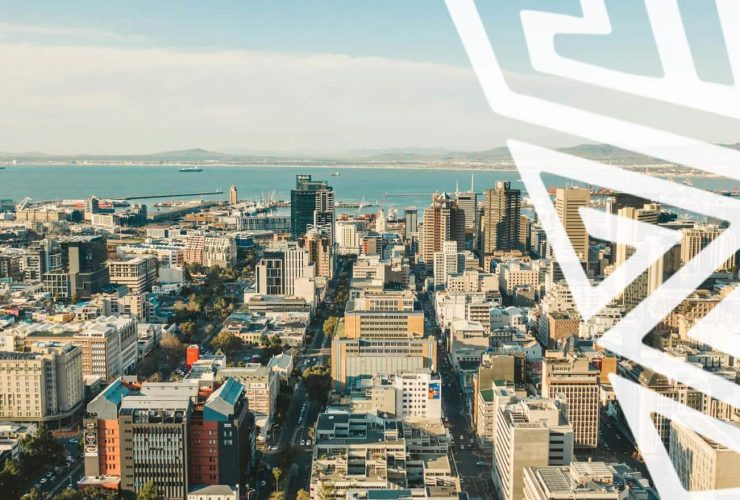The New Definition of ‘Designated Employer’ in South Africa: A Game-Changer for Businesses and Employees
South Africa’s employment equity landscape has undergone a landmark transformation with the implementation of the Employment Equity Amendment Act (EEA) on 1 January 2025. Among the most significant changes is the redefinition of a “designated employer”, now strictly applying to businesses with 50 or more employees, regardless of turnover. This shift is poised to have far-reaching implications for both businesses and employees, reshaping compliance obligations, accelerating workplace transformation, and redefining affirmative action strategies.
With nearly 46% of businesses impacted by this change but less than 5% of employees directly affected, this regulatory shift presents both challenges and opportunities. As organizations navigate this new terrain, business leaders must adopt a strategic and forward-thinking approach to compliance, transformation, and long-term sustainability.
Understanding the Employment Equity Act
The EEA, established in 1998, promotes equality and fair treatment in the workplace, with a core focus on redressing historical discrimination through affirmative action. While the EEA applies to all employers (with exceptions for the South African National Defence Force, National Intelligence Agency, and South African Secret Services), certain sections, particularly those concerning affirmative action, now apply only to designated employers – those with 50 or more employees.
Impact of the Amended Definition on Businesses:
- Easing Compliance for Small Businesses:
By removing employment equity requirements for businesses with fewer than 50 employees, the government seeks to promote entrepreneurship, reduce administrative costs, and foster job creation. This allows SMEs to focus their resources on growth and workforce investment rather than regulatory compliance. However, SMEs that wish to participate in government contracts can still obtain a compliance certificate under section 53, which remains valid for 12 months or until the next reporting cycle, enabling them to engage in public sector opportunities if they choose.
- New Compliance Pressures for Larger Employers:
Larger businesses now face increased accountability in driving workplace transformation under the amended Employment Equity Act (EEA). The Minister of Employment and Labour has been given the authority to set sector-specific numerical targets, ensuring that progress in employment equity is more structured and measurable. To comply, companies must align with government-set targets or provide justifiable reasons for non-compliance. They are also required to implement mandatory employment equity plans that actively promote the representation of designated groups across all employment levels. Failure to meet these requirements can lead to legal action, financial penalties, reputational damage, and exclusion from government tenders, making compliance a crucial factor for business sustainability and growth.
- Sectoral Numerical Targets:
This new approach, while aimed at accelerating workplace equity, has raised concerns about operational feasibility and potential skills shortages in certain sectors. Businesses must now actively invest in skills development and talent pipeline initiatives to ensure compliance without compromising operational efficiency. Failure to do so may lead to “tokenistic hiring,” where individuals are appointed based on demographic factors rather than merit.
Consequences of Non-Compliance
Failure to comply with the new employment equity regulations could result in severe consequences, including:
- Hefty Financial Penalties: Fines up to 10% of company turnover for repeated non-compliance.
- Legal Action: The Department of Employment and Labour can issue compliance orders and require employers to compensate affected employees.
- Reputational Damage: Non-compliance could lead to negative publicity, making it difficult to attract and retain top talent.
- Loss of Business Opportunities: Many corporate clients require EEA compliance as a prerequisite for business partnerships.
- Exclusion from Government Contracts: From 1 January 2025, a compliance certificate is required for companies bidding for state contracts.
Navigating the Transition: A Call to Action for Employers
Employers must proactively adapt to the new regulatory environment by conducting employment equity audits, revising employment equity plans, engaging in workforce development, monitoring and reporting compliance, and fostering an inclusive culture.
Conclusion
The redefinition of “designated employer” marks a pivotal moment in South Africa’s journey toward workplace transformation. While easing the burden on smaller businesses, it places a greater responsibility on larger employers to drive meaningful change. Success hinges on collaboration between businesses, employees, and policymakers to balance compliance with economic sustainability. Companies that proactively embrace these changes are best positioned to thrive in the evolving South African employment landscape.




